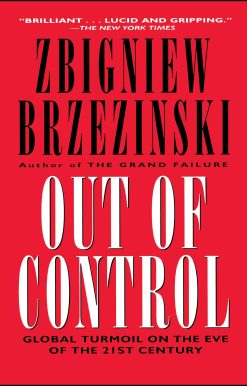The City Of London Volume 3: Illusions of Gold 1914 – 1945
30.00 JOD
Please allow 2 – 5 weeks for delivery of this item
Add to Gift RegistryDescription
Illusions of Gold, the third volume of David Kynaston’s magnificent quartet, The City of London, sweeps us from 1914 to 1945, through years of fluctuating fortunes that began with the City at an all-time high, and ended with the ‘Square Mile’ ravaged by bombs, at its lowest ebb ever. With unerring judgement and story-telling verve, Kynaston takes us through the City’s vain attempt to recover the glory days before the First World War, in the return to the Gold Standard. He follows its tussles with government over control of monetary policy, investigates its increasingly important links with British industry and gives a pioneering account of its controversial role in the politics of appeasement. Kynaston’s great strength is his combination of vivid narrative with meticulous scholarship, based on an unparalleled variety of unpublished sources. The City of London is now hailed as one of the most ambitious and rewarding historical projects of recent times.
Additional information
| Weight | 0.799 kg |
|---|---|
| Dimensions | 4.4 × 15.4 × 23.4 cm |
| Format | Paperback |
| language1 | |
| Pages | 608 |
| Publisher | |
| Year Published | 2000-6-1 |
| Imprint | |
| Publication City/Country | London, United Kingdom |
| ISBN 10 | 0712662766 |
| About The Author | David Kynaston was born in Aldershot in 1951. After graduating from New College Oxford, he studied at the London School of Economics. A professional historian, in addition to the four-volume The City of London, his works include King Labour: A History of the British Working Class, 1850-1914, histories of the Financial Times and the stockbrokers Cazenove & co., and the first two volumes in a planned history of Britain between 1945 and 1979, Austerity Britain, 1945-51 and Family Britain, 1951-57. |
| Review Quote | A fascinating book, deeply researched and admirably written by an author who is a master of his subject and also of the light touch |
| Other text | A splendidly entertaining history… This book is both immensely readable and an invaluable guide to a set of institutions whose role in British political and economic history is imperfectly understood |





